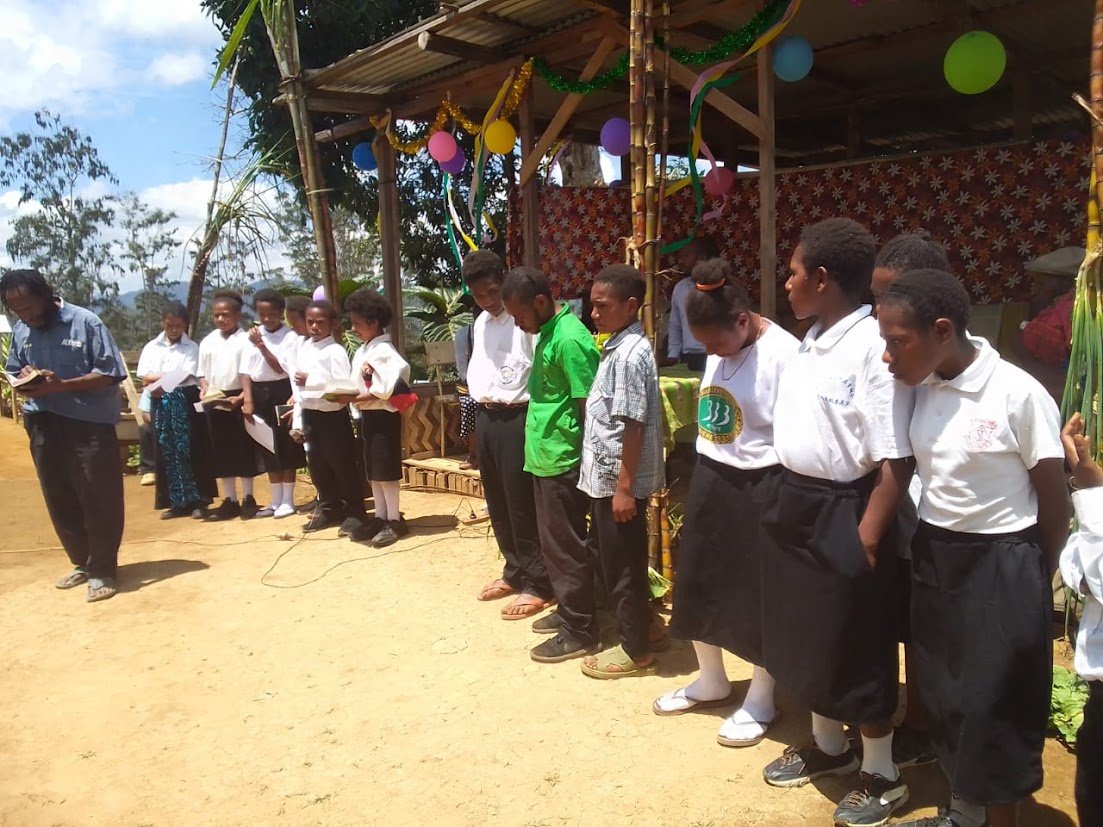
Support for Communities
Early childhood education (ECE) is crucial for the community in rural villages and we are passionate about driving change. With the future looking brighter, we hope to see our communities to start working together. We believe that with our initiative it provides a:
Foundation for Learning: ECE provides a strong foundation for future learning. Children exposed to quality education in their early years are more likely to develop cognitive, social, and emotional skills that set the stage for academic success later in life.
Cognitive Development: Young children's brains are highly receptive to learning during the early years. ECE programs help stimulate cognitive development, language skills, and problem-solving abilities, laying the groundwork for future academic achievements.
Socialization and Emotional Development: ECE fosters socialization skills and emotional development. Children learn to interact with peers and adults, develop empathy, and understand emotions, which are crucial for building healthy relationships throughout their lives. This too develops the adults also.
Health and Nutrition: We hope that with enhanced infrastructure and further resourcing that our programs help with health and nutrition components, addressing issues such as proper hygiene, nutrition, and overall well-being. This is particularly important in rural areas where access to healthcare and nutritional information may be limited.
Cultural Preservation: ECE can play a role in preserving and promoting local cultures and languages. By incorporating culturally relevant content into early education, children can develop a strong sense of identity and connection to their community. We do need to focus on peace in general across villages.
Poverty Alleviation: Education is a key tool for breaking the cycle of poverty. By investing in early childhood education, communities can empower children to escape poverty by acquiring skills that improve their chances of future employment and economic stability.
Community Development: An educated population is essential for the overall development of a community. ECE contributes to community development by fostering a generation of individuals who are more likely to be engaged in positive, constructive activities that benefit the community as a whole.
Parental Involvement: Early childhood education often involves parents and caregivers, creating a supportive learning environment at home. This engagement strengthens the bond between parents and children and reinforces the importance of education in the family.
Prevention of Social Issues: Investing in early childhood education can contribute to the prevention of social issues such as crime and substance abuse. Providing children with a solid educational foundation helps them make better life choices as they grow older.
Long-Term Economic Impact: A well-educated population contributes to the economic development of a country. Early childhood education is an investment in the future workforce, promoting long-term economic growth and sustainability.
In the context of rural villages in Papua New Guinea, where there may be challenges such as limited access to resources and services, investing in early childhood education becomes even more critical to break the cycle of poverty, empower communities, and contribute to the overall well-being of the population
